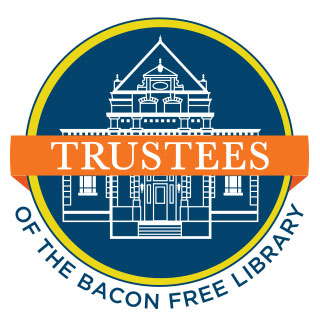UNPACKING HOPE: Obstacle or Catalyst
By Martha E. Fagan, RN, BSN
Hope brings to mind a positive emotional state…”I feel hopeful.” We express this as we hope for change—a COVID19 vaccine, world peace, decreased racism, reversing global warming, returning to some semblance of normal, etc. Hope elicits positive emotions and brings us comfort now.
So, as we continue living in our current moment of fear, anxiety and all the unknowns surrounding the Coronavirus along with our nations dark moments of racism and police brutality, hope can be a saving grace. Hope eases our fear as we envision a brighter and better future.
Thich Nhat Hanh the Vietnamese Buddhist monk describes the potential that though hope is necessary to bear difficult present times it can also be an obstacle if we merely wish for better outcomes. In an essay found in the book Peace Is Every Step he describes it this way, “Hope is important, because it can make the present moment less difficult to bear. If we believe that tomorrow will be better, we can bear a hardship today. But that is the most that hope can do for us—to make some hardship lighter. When I think deeply about the nature of hope, I see something tragic. Since we cling to our hope in the future, we do not focus our energies and capabilities on the present moment. We use hope to believe something better will happen in the future, that we will arrive at peace. Hope becomes a kind of obstacle .…Western civilization places so much emphasis on the idea of hope that we sacrifice the present moment…. I do not mean you should not have hope, but that hope is not enough.”
So what to do?
We can embrace hope now AND use this hope as a catalyst for change and accomplishing goals.
According to positive psychologist Charles Richard “Rick” Snyder, hopeful thinkers achieve more, and are physically and psychologically healthier than less hopeful people.
Snyder dedicated years to studying the concept of hope and how hope has impact on many aspects of life including overall health and personal meaning.
Snyder’s Hope Theory is comprised of three main constructs that make up hopeful thinking:
- Goals—approaching life in a goal-oriented way
- Pathways—finding different ways to achieve your goals
- Agency—believing you can instigate change and achieve your goals
Our capacity for hopeful thought starts in our early years as we begin to develop an understanding of causation…realizing one thing can lead to another.
This is the beginning of “pathways” thinking.
At about one year of age, we realize that we can make things happen. This is “agency” thinking.
Together pathways and agency thinking give us the tools we need to take action, make changes and pursue our goals.
My hope—
Is that our hopefulness serves as our foundation to take action today, in our present moment, to work towards shaping our future. By identifying our desired outcome, combining our self-efficacy (pathways thinking) and self- agency (agency thinking) we can make a difference in our own life and our larger community. Hope can be our catalyst not our obstacle.
What would that look like during these current dual pandemics?
If limiting the spread of the virus is your goal, you can find ways to support our “reopening” in responsible ways.
Begin re-connecting face to face with friends and family while continuing to practice safe social distancing…taking cautious first steps. Wear a mask when near others. Have a lawn gathering with chairs a safe distance apart. Support a local restaurant as they reopen, enjoying an alfresco dinner.
If decreasing global warming is your goal, you can keep walking like you’ve most likely been doing through these past months. Consider biking to a destination whenever possible. Make the choice to eat less meat. Begin composting. Stop buying bottled water.
And, if supporting anti racism efforts is your goal, you can make phone calls or write postcards for a charity working to end voter suppression, donate to organizations working to educate our children about what racial equity looks like and how to work towards it in our society. Become a Big Brother or Big Sister to a child in need.
Hope isn’t meant to be passive. We want our hope to motivate us into action, to walk with our hope now, today. A. J. Muste, the mid-twentieth-century leader of the peace movement in America who inspired millions of people, said, “There is no way to peace, peace is the way.”
This means we can realize inner peace right in our present moment with our look, our smile, our words and our actions. If we could live in our days like this then our hope is powerful and evident in our daily choices. We are living our hope.
“The best way to not feel hopeless is to get up and do something. Don’t wait for good things to happen to you. If you go out and make some good things happen, you will fill the world with hope, you will fill yourself with hope.” ~ Barack Obama
Martha Fagan is the Vice Chair of the Bacon Free Library. She may be reached through her email at mefagan.bfl@gmail.com


